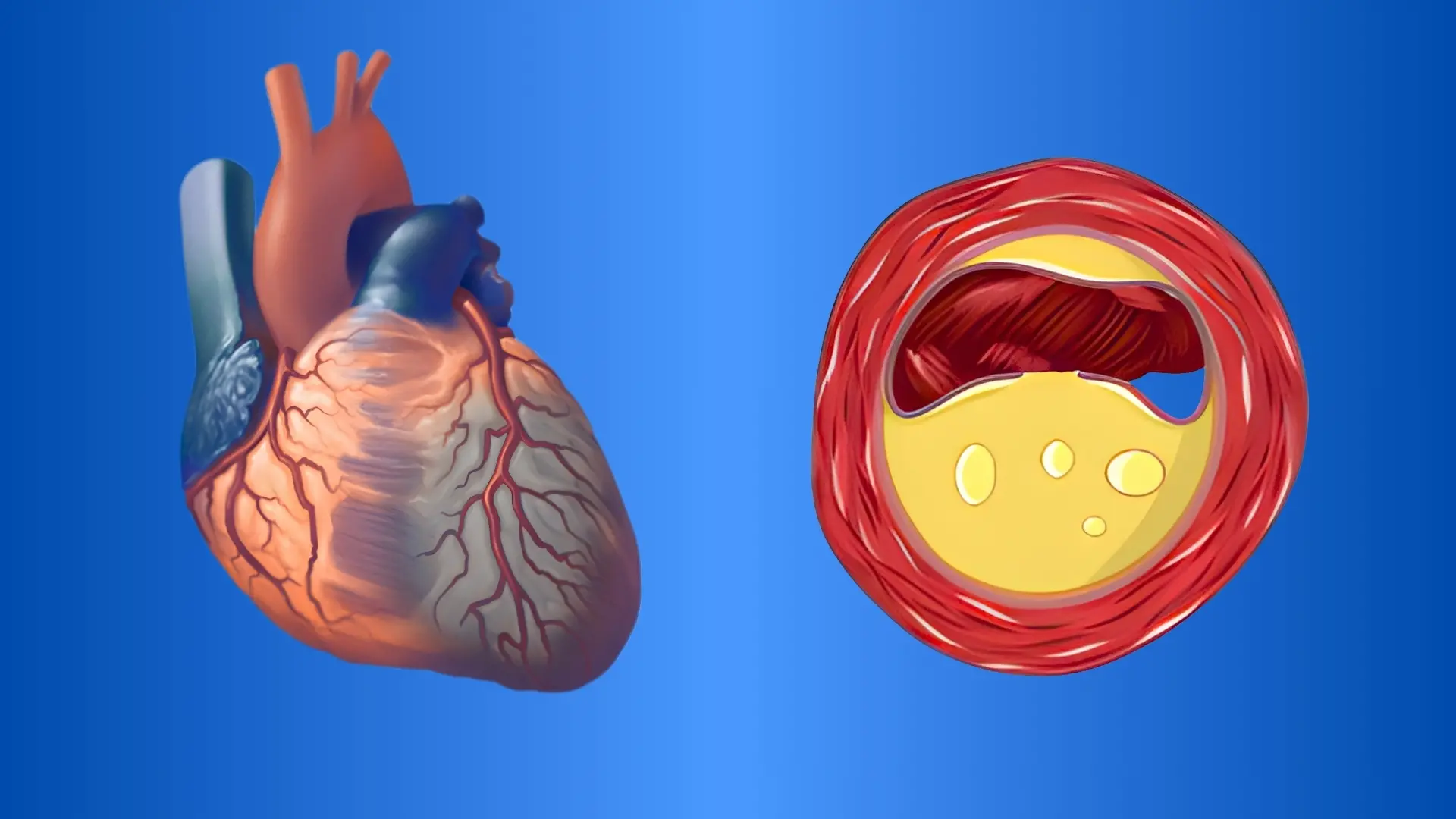- Home
- Medical news & Guidelines
- Anesthesiology
- Cardiology and CTVS
- Critical Care
- Dentistry
- Dermatology
- Diabetes and Endocrinology
- ENT
- Gastroenterology
- Medicine
- Nephrology
- Neurology
- Obstretics-Gynaecology
- Oncology
- Ophthalmology
- Orthopaedics
- Pediatrics-Neonatology
- Psychiatry
- Pulmonology
- Radiology
- Surgery
- Urology
- Laboratory Medicine
- Diet
- Nursing
- Paramedical
- Physiotherapy
- Health news
- Fact Check
- Bone Health Fact Check
- Brain Health Fact Check
- Cancer Related Fact Check
- Child Care Fact Check
- Dental and oral health fact check
- Diabetes and metabolic health fact check
- Diet and Nutrition Fact Check
- Eye and ENT Care Fact Check
- Fitness fact check
- Gut health fact check
- Heart health fact check
- Kidney health fact check
- Medical education fact check
- Men's health fact check
- Respiratory fact check
- Skin and hair care fact check
- Vaccine and Immunization fact check
- Women's health fact check
- AYUSH
- State News
- Andaman and Nicobar Islands
- Andhra Pradesh
- Arunachal Pradesh
- Assam
- Bihar
- Chandigarh
- Chattisgarh
- Dadra and Nagar Haveli
- Daman and Diu
- Delhi
- Goa
- Gujarat
- Haryana
- Himachal Pradesh
- Jammu & Kashmir
- Jharkhand
- Karnataka
- Kerala
- Ladakh
- Lakshadweep
- Madhya Pradesh
- Maharashtra
- Manipur
- Meghalaya
- Mizoram
- Nagaland
- Odisha
- Puducherry
- Punjab
- Rajasthan
- Sikkim
- Tamil Nadu
- Telangana
- Tripura
- Uttar Pradesh
- Uttrakhand
- West Bengal
- Medical Education
- Industry
No Benefit of Low-Dose Intracoronary Alteplase During Primary PCI in STEMI With High Thrombus Burden: STRIVE Trial, TCT 2025

This news was covered by the Medical Dialogues Bureau, which was present at the TCT Conference 2025 held in San Francisco, USA.
Adjunctive low-dose intracoronary alteplase did not improve myocardial perfusion or clinical outcomes when added to primary percutaneous coronary intervention (PCI) in patients with ST-segment elevation myocardial infarction (STEMI) and high thrombus burden, according to final results from the STRIVE trial presented by Dr. Shamir R. Mehta at TCT 2025 and simultaneously published in JACC.
The STRIVE study was a randomized, multicenter, double-blind, placebo-controlled trial. The trial tested whether intracoronary delivery of low-dose recombinant tissue plasminogen activator (alteplase) could reduce microvascular obstruction or major adverse cardiovascular events (MACE) after primary PCI in large-territory STEMI with angiographic thrombus grade 3–5.
A total of 210 patients were randomized 1:1:1 to alteplase 10 mg (n=69), alteplase 20 mg (n=70), or placebo (n=71). Study drug was infused distally in the infarct-related artery over three minutes using a dedicated delivery catheter after antegrade flow was restored. The primary outcome was a composite of 30-day MACE (cardiovascular death, MI, cardiogenic shock, or new heart failure), TIMI myocardial blush grade 0/1, distal embolization, or failure to achieve 50% ST-segment resolution at 30 minutes post-PCI.
Across the combined alteplase groups, the primary endpoint occurred in 53.3% compared with 52.9% in the placebo arm (relative risk 1.00; 95% CI 0.76–1.31; p=0.99), showing no reduction in microvascular obstruction or early adverse events. Results were consistent when the 10 mg and 20 mg alteplase arms were analyzed individually.
No major bleeding events were reported in any group. However, episodes of ventricular fibrillation (VF) were numerically higher in the alteplase-treated patients (RR 6.86; 95% CI 0.91–51.4; p=0.06), although all VF events were transient and successfully defibrillated. Rates of major or clinically relevant non-major bleeding were low and similar across groups.
Investigators noted that prior attempts to improve microvascular perfusion such as mechanical thrombectomy, intracoronary abciximab, adenosine, and facilitated PCI have also failed to show clinical benefit, and STRIVE adds to evidence that low-dose intracoronary fibrinolysis is not an effective adjunct strategy in primary PCI.
Reference: Shamir R. Mehta, Intracoronary Low-Dose Recombinant Tissue Plasminogen Activator in Primary PCI for ST-Segment Elevation Myocardial Infarction and Large Thrombus Burden: A Randomized Double-Blind, Placebo Controlled Trial, TCT Conference 2025, San Francisco.
https://www.tctconference.com/
About the Study Presenter: Dr. Shamir Mehta, MD, MSc, FRCPS, FACC, is the Douglas Holder Endowed Chair in Interventional Cardiology and a Professor of Medicine at McMaster University. He is Director of the Interventional Cardiology program at Hamilton Health Sciences and Senior Scientist at the Population Health Research Institute in Hamilton, Canada.
He has a busy interventional and structural cardiology practice and leads the percutaneous mitral and tricuspid valve programs at HHS. He co-chairs the Canadian Cardiovascular Society Antiplatelet Therapy Guidelines. As program director of interventional cardiology, he has supervised the training over 30 interventional cardiologists in Canada and globally. His research focuses on the role of percutaneous invasive therapies in patients with acute ischemic heart disease, and the evaluation of novel antithrombotic therapies and structural heart interventions.
Dr Prem Aggarwal, (MD Medicine, DNB Medicine, DNB Cardiology) is a Cardiologist by profession and also the Co-founder and Chairman of Medical Dialogues. He focuses on news and perspectives about cardiology, and medicine related developments at Medical Dialogues. He can be reached out at drprem@medicaldialogues.in


